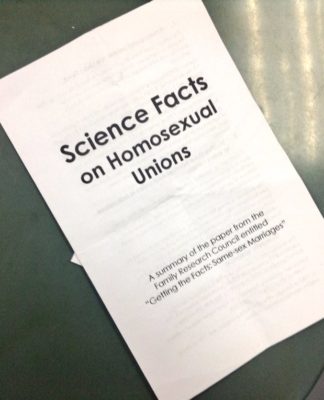THE UNIVERSITY will not be affected by the Commission on Higher Education’s (Ched) Memorandum Order no.14 that put a cap on tuition increase, Vice-Rector for Finance Fr. Melchor Saria, O.P. said.
“UST will not be affected by the order since the University raised its tuition by only four per cent,” Fr. Saria said.
Ched memorandum, issued last May 16, placed a cap on tuition increases by schools nationwide. In the order, Ched placed the maximum allowable increase equivalent to the inflation rate as set by the National Economic and Development Authority.
The prevailing inflation rate this year is 8.4 per cent. Acting Ched chair Carlito Puno, however, said, in a press conference that schools can exceed the ceiling provided they secure Ched’s clearance.
According to Ched data, 203 or 15.37 per cent of the country’s 1,231 educational institutions applied for an increase, 178 less than last year’s 381. The Ched says the average tuition increase ranged from 13.14 per cent in 2000 to 11.37 per cent in 2004.
Fr. Saria said the University’s tuition increase this year is lower than last year’s five per cent.
“We need to increase the tuition fee due to the rising inflation, which affects the faculty and the non-academic employees,” Fr. Saria said in an earlier interview with the Varsitarian last March. “If we do not increase the tuition, we won’t have anything to pay our employees, and they might become restive.”
Despite the relatively low tuition increase, some UST students still found it unnecessary.
Central Student Council President John Voltaire Almeda said the student councils are not in favor of the new tuition raise.
“They (local student councils) do not see any substantial changes in terms of services, facilities, improvement on the curriculum, or addition of subjects that are more practical,” he told the Varsitarian.
Medical Technology intern Diandra Krystle Roña has similar sentiments.
“Nowadays, there is so much oil and basic goods price-hikes but our parents’ salaries are not increasing,” she said.
















